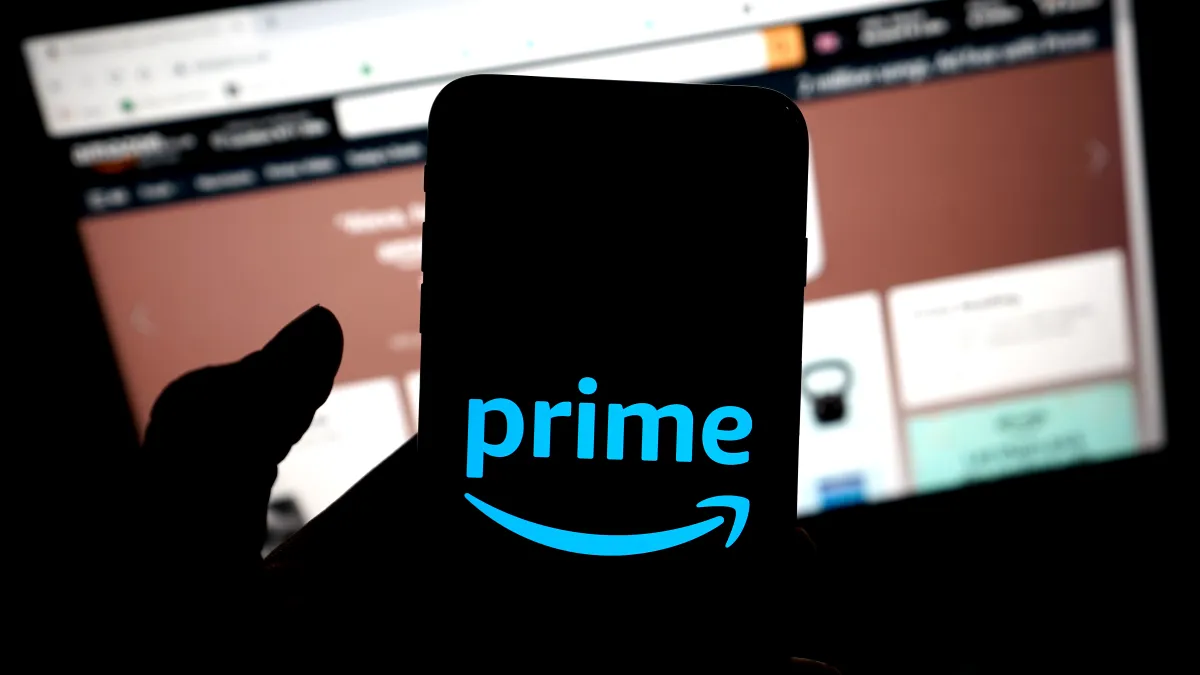Just three days after the case began, Amazon settled with the Federal Trade Commission on Thursday, agreeing to pay $2.5 billion over its Prime subscription practices.
The FTC alleged that Amazon had used “manipulative, coercive, or deceptive user-interface designs” to dupe customers into signing up for Prime and making it difficult for them to cancel. The case highlights the financial and legal risks of faulty subscription practices in addition to the customer experience consequences.
Amazon and its executives did not admit any wrongdoing in the settlement.
"Amazon and our executives have always followed the law and this settlement allows us to move forward and focus on innovating for customers,” Amazon spokesperson Mark Blafkin said in a statement provided to sister publication CX Dive. “We work incredibly hard to make it clear and simple for customers to both sign up or cancel their Prime membership, and to offer substantial value for our many millions of loyal Prime members around the world."
Amazon will pay $1 billion in penalties and $1.5 billion in refunds to customers harmed. It also will cease "unlawful enrollment and cancellation practices for Prime," the FTC said in a press release.
“The size of this settlement is probably heavily influenced by the number of consumers who are or were Prime customers during the time Amazon had its prior cancellation processes in place,” Judy Weader, principal analyst at Forrester, said in an email.
The FTC began the case against Amazon in 2023 under the leadership of then agency Chair Lina Khan, a Biden appointee, and was continued under the leadership of Trump-appointed Chair Andrew Ferguson.
“Given how early this was in the trial, it suggests that Amazon suspected the case would’ve gone far worse for it financially if it let run through to the end,” Weader said.
Market research company Emarketer says the settlement won’t dent Prime’s dominance.
“Prime brought in $44 billion in subscription revenue last year alone — so the payout represents just 5.6% of that total,” Emarketer analyst Zak Stambor said in a statement. “With more than 200 million global members, including three-quarters of U.S. households, Prime is the backbone of Amazon’s business model.”
Amazon has improved its cancellation processes since the FTC launched the suit.
The retailer was “already trying to comply with the spirit of the ‘click to cancel’ rule the FTC recently shelved,” Weader said.
The FTC’s click-to-cancel rule would have made it as easy to cancel a membership as it is to sign up for one, but was withdrawn under the leadership of Ferguson.
“The fact that Amazon Prime got embroiled in this, even though they settled without admitting wrongdoing, underscores just how tempting it can be for even the most admired companies to push the envelope in an effort to maximize customer acquisition and minimize customer attrition,” said Jon Picoult, founder and principal of Watermark Consulting.

















